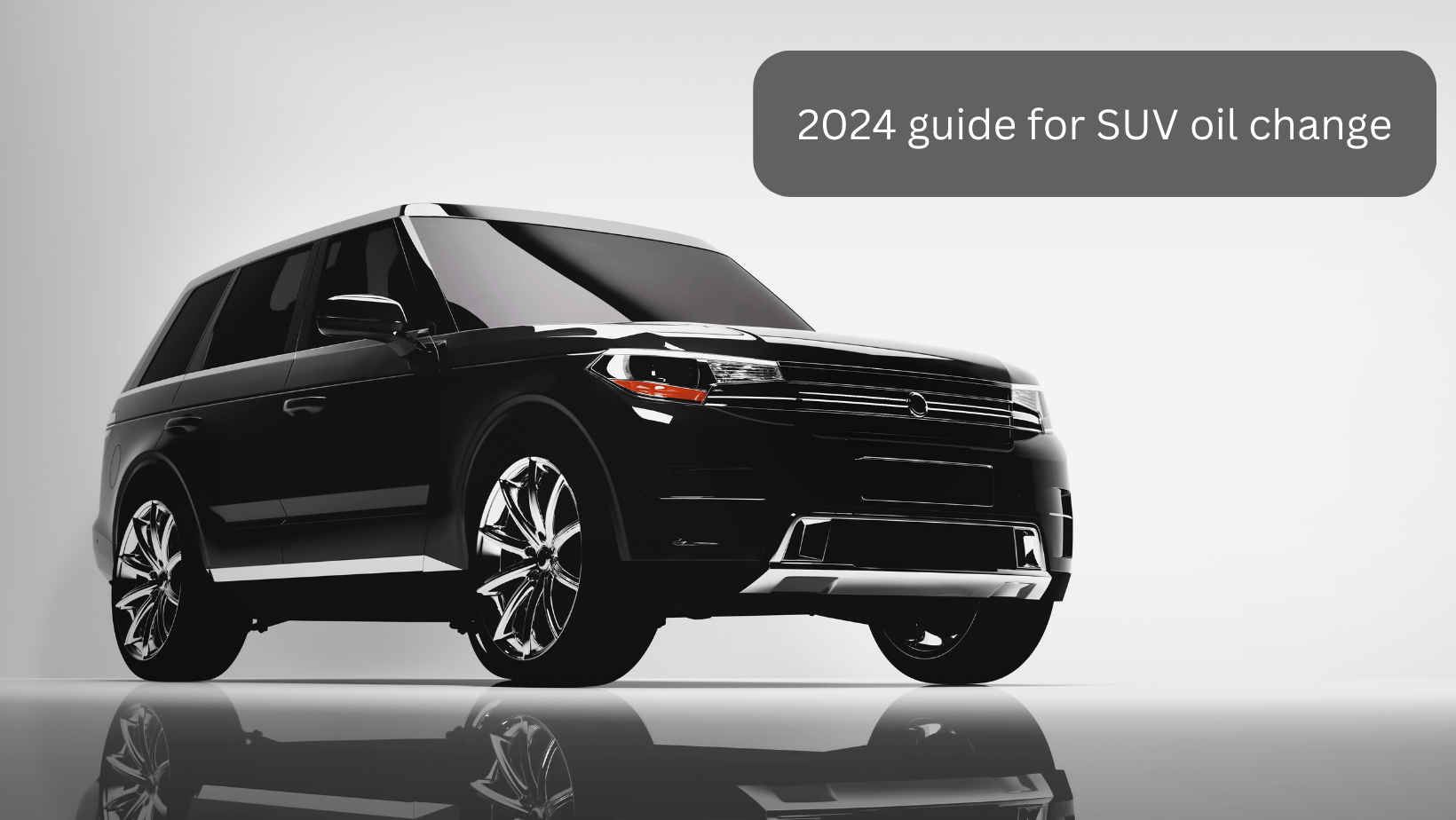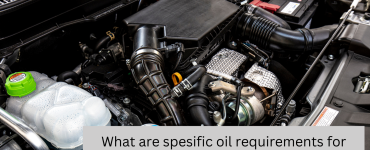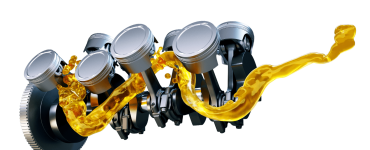Optimal Intervals for SUVs Oil Changes
In the realm of SUV maintenance, understanding the optimal intervals for oil changes is crucial. This guide delves into the appropriate timing and types of oil suited for SUVs, ensuring your vehicle runs smoothly and efficiently. Balancing the need for regular maintenance with the right oil type can significantly impact your SUV’s longevity and performance. Find out what are the optimal intervals for SUVs oil change!
Key Takeaways
- Recommended Oil Change Intervals: Learn the general guidelines for oil change frequency in SUVs.
- Oil Types for SUVs: Discover the best oil types for SUVs, considering different models and driving conditions.
- Impact of Delayed Oil Changes: Understand the consequences of not adhering to recommended oil change intervals.
- Special Considerations for SUVs: Explore specific considerations for SUVs in various conditions and uses.
- Professional Insights and DIY Tips: Get expert advice and tips for DIY enthusiasts.
Recommended Oil Change Intervals for SUVs
General Guidelines
- Traditional Oil: Every 3,000 to 5,000 miles.
- Synthetic Oil: Every 7,500 to 10,000 miles.
Factors Influencing Interval
- Driving Conditions: Harsher conditions might require more frequent changes.
- SUV Model and Age: Newer models with advanced engines may allow longer intervals.
Expert Opinion: Consistent oil changes are vital for maintaining engine health and performance. Neglecting this can lead to costly repairs.
Choosing the Right Oil for Your SUV
Oil Types and Their Benefits
- Conventional Oil: Ideal for light-duty, late-model cars with simple engine designs.
- Synthetic Oil: Recommended for high-tech engines and extreme temperatures. Learn more about Synthetic vs. Conventional Oil.
Best Practices
- Refer to Manufacturer’s Recommendations: Always check your vehicle’s manual.
- Consider Driving Conditions: Choose oil type based on your typical driving environment.
Impact of Delayed Oil Changes on SUVs
Consequences of Neglect
- Engine damage and reduced efficiency.
- Higher emissions and oil sludge buildup.
Real-Life Example: An SUV consistently driven on long trips without regular oil changes can suffer from accelerated engine wear and tear.
Special Considerations for Different SUV Models
Model-Specific Recommendations
- 2020 Ram 1500 5.7 Hemi: Specific oil requirements for optimal performance. 2020 Ram 1500 Recommended Oil
- Honda Accord: Best oil choices for different model years. Best Oil for Honda Accord
Towing and Off-Road Use
- Increased Maintenance: More frequent oil changes may be necessary.
DIY Tips and Professional Insights

DIY Oil Change Tips
- Safety First: Ensure the vehicle is securely lifted.
- Proper Tools: Use the correct wrench and oil filter.
When to Seek Professional Help
- Complex Models: Vehicles with intricate engine designs.
- Time Constraints: For those with limited time, professional services are advisable.
Q&A: Navigating SUV Oil Change Intervals and Types
| Question | Answer | Relevant Link |
|---|---|---|
| Q1: How often should I change the oil in my SUV? | A1: Traditional oil requires changes every 3,000 to 5,000 miles, while synthetic oil can last 7,500 to 10,000 miles. | Change Oil Every 6 Months |
| Q2: What type of oil is best for my SUV? | A2: It depends on your SUV’s engine and driving conditions. Synthetic oil is often preferred for high-performance and extreme conditions. | Synthetic vs. Conventional Oil |
| Q3: Are there special oil requirements for a 2020 Ram 1500 5.7 Hemi? | A3: Yes, the 2020 Ram 1500 5.7 Hemi has specific oil recommendations for optimal performance. | 2020 Ram 1500 Recommended Oil |
| Q4: What’s the best oil for a Honda Accord? | A4: The best oil for a Honda Accord varies by model year and engine type. | Best Oil for Honda Accord |
| Q5: Why is oil viscosity important for my SUV? | A5: Oil viscosity affects engine lubrication and performance, especially in varying temperatures. | Oil Viscosity Explained |
| Q6: How does motor oil mixing affect my SUV? | A6: Improper oil mixing can lead to reduced efficiency and potential engine damage. | The Science Behind Motor Oil Mixing |
| Q7: What oil should I use for a 2012 Jeep Wrangler? | A7: Choosing the right oil for a 2012 Jeep Wrangler depends on the engine type and driving conditions. | Choosing the Right Oil for Your 2012 Jeep Wrangler |
| Q8: Are there any upgrades to improve oil and lubrication in my SUV? | A8: Yes, there are several upgrades available to enhance oil and lubrication efficiency in SUVs. | Oil and Lubrication Upgrades |
| Q9: How do I properly change the oil in my SUV? | A9: Follow specific steps for safety and efficiency, and consider professional services for complex models. | Basics of Oil Changes |
Conclusion about optimal intervals for SUVs
Regular oil changes using the correct oil type are non-negotiable for maintaining the health and performance of your SUV. By following these guidelines, you can ensure your vehicle remains reliable and efficient for years to come.





